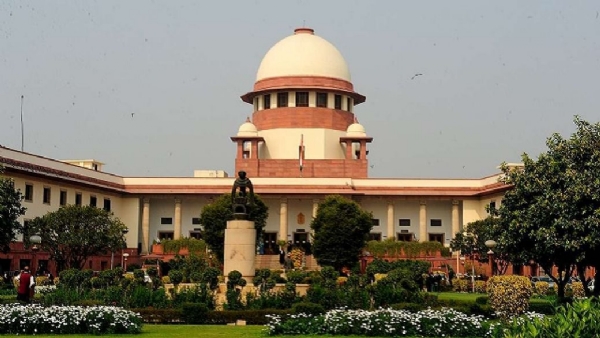Supreme Court issues notice to Twitter, Centre on a plea seeking mechanism to check fake news
Total Views |
New Delhi, February 13: Seeking a mechanism to regulate content and advertisements, Supreme Court has issued notices to the Central government and Twitter India on Friday while hearing the plea filed by one Vinit Goenka. The plea filed by one Vinit Goenka seeks a mechanism to screen hateful advertisement and anti-India related content on the social media giant. It also seeks the direction of the Centre for a mechanism to ascertain advertisements and paid content that may have material that hateful, inciting.

The plea claimed that there are hundreds of fake Twitter handles and bogus Facebook accounts in the name of eminent people and high dignitaries.
The plea stated, "These fake Twitter handles and Facebook accounts use a real photo of constitutional authorities and eminent citizens. Therefore, common man relies upon the messages published from these Twitter handles and Facebook accounts."
"It is submitted that presently a total number of Twitter handles in India is around 35 million and a total number of Facebook accounts is 350 million and experts say that around 10 percent Twitter handles (3.5 million) and 10 percent Facebook accounts (35 million) are duplicate/bogus/fake," the plea said.
It is alleged that Twitter "knowingly promotes" messages which are against the law of the land and therefore it is contended that the logic and algorithms used by the company should be vetted by the Indian Government or any other competent authority, for screening anti-India tweets.
This plea has come at that time when the government has locked its horns with the social media giant after Twitter refused to comply with government orders. Following that, India warned social media platforms of strict action for failure to crack down on inflammatory content, saying they have to fully comply with the country's law. After the warning, the dubious platform took the action against only 500 Twitter accounts but, it did not flag accounts that consist of news media entities, journalists, activists, and politicians to keep with their “principles of defending protected speech and freedom of expression.”